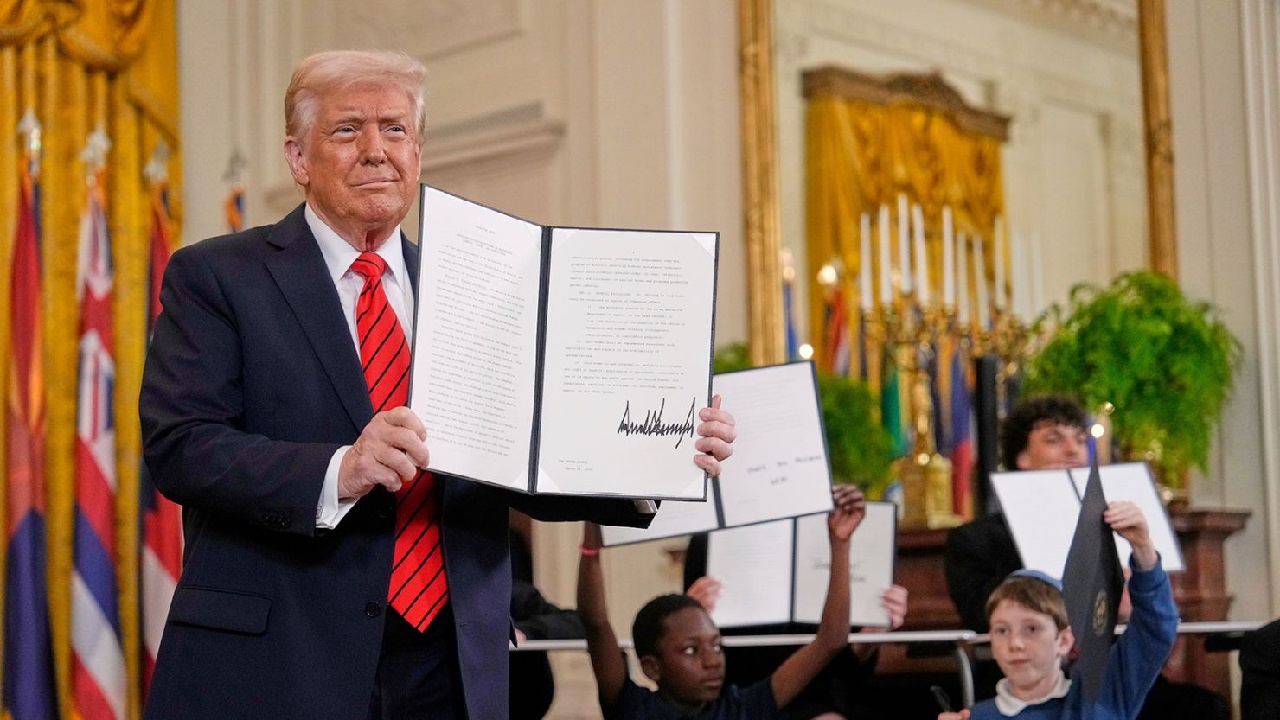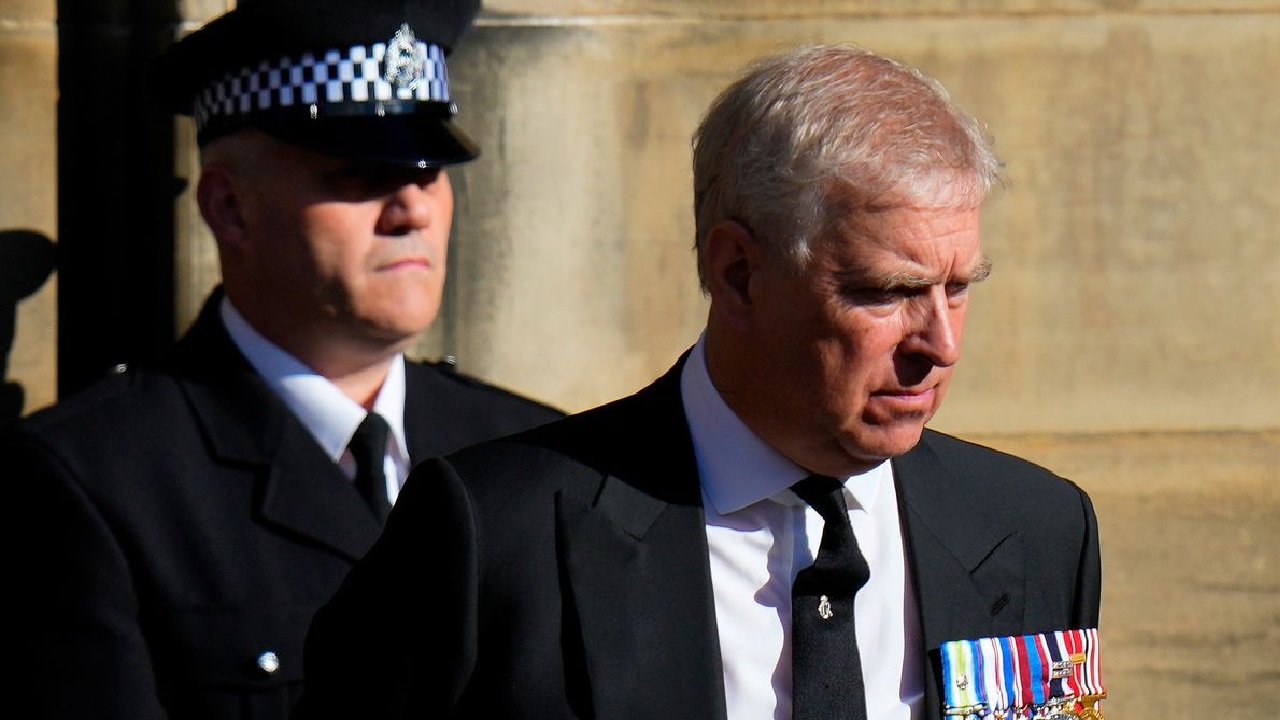Trump’s New Front in the Culture War
A new cultural clash is unfolding in the United States, and this time, the battleground isn’t Capitol Hill — it’s the nation’s elite universities. Since returning to the White House, President Donald Trump has trained his political firepower on Ivy League institutions, launching an unprecedented crackdown that includes freezing billions in federal aid.
The latest target is Harvard University, which now faces a halt in $2.2 billion in grants and $60 million in federal contracts after refusing to comply with Trump’s sweeping policy demands. The standoff reflects a larger campaign in which Trump is challenging the ideological direction of higher education institutions and using federal funding as leverage to enforce his agenda. The result? A deepening standoff between academic independence and executive power — with serious consequences for America’s intellectual, political, and social fabric.
The Harvard Freeze: Independence vs Compliance
On April 14, the Trump administration announced the immediate pause of $2.2 billion in federal aid and another $60 million in long-term contracts to Harvard. The decision followed the university’s refusal to accept a list of directives, which included banning face masks on campus, dismantling diversity and inclusion programs, and reporting international students deemed “supportive of terrorism” to federal authorities.
Harvard President Alan Garber issued a defiant response, asserting that the university “will not surrender its independence or relinquish its constitutional rights.” A team of Harvard attorneys echoed this sentiment, warning that allowing the federal government to dictate campus policies would amount to a constitutional overreach.
In response, the Trump Joint Task Force to Combat Anti-Semitism justified the freeze by stating, “Federal investment does not come without responsibility,” accusing Harvard of fostering “an entitlement mindset” while failing to protect civil rights.
Beyond Harvard: A Pattern of Pressure on Elite Institutions
The battle with Harvard is far from isolated. It follows a similar confrontation with Columbia University, where Trump withheld $400 million in federal grants until the university agreed to policy changes. Just days after Columbia complied, its president, Katrina Armstrong, resigned.
Other prestigious institutions—including Princeton, Brown, Cornell, and Northwestern—are now caught in the crossfire. The Trump administration has:
· Suspended $210 million in grants to Princeton
· Frozen over $1 billion in funding to Cornell
· Paused $790 million in federal support to Northwestern
These universities were asked to enforce stricter speech policies, reform diversity initiatives, and re-evaluate admissions practices, especially those involving international students and affirmative action.
The Roots of the Crackdown: Ideology, Identity, and Funding
What’s fueling this war on the Ivies? While the Trump administration frames the campaign as a response to rising anti-Semitism and campus unrest, the motivations run deeper. For years, conservatives have viewed higher education institutions—especially elite ones—as ideological echo chambers promoting progressive values, identity politics, and “woke” culture.
Critics of universities argue that conservative students and faculty are marginalized, that DEI (Diversity, Equity, and Inclusion) initiatives promote division, and that taxpayer dollars are being funnelled into institutions hostile to traditional American values. Trump’s allies want universities to focus less on activism and more on job-producing academic disciplines, national defense, and economic contribution.
This ideological battle isn’t new. Ronald Reagan once won California’s governorship vowing to “clean up” Berkeley, denouncing its radical student movements. Trump’s strategy echoes that same playbook—but with federal money as the main pressure point.
Who’s Winning the Battle?
In the short term, Trump has the upper hand. With billions in funding tied to compliance, several universities have already begun making changes, even as they voice opposition. Columbia’s swift reversal and its president’s resignation show just how effective financial pressure can be.
But the long-term winner is less certain. Universities like Harvard are leveraging their institutional independence and public support to resist government interference. Legal battles are expected, and civil liberties organizations are already warning of the dangerous precedent such executive overreach might set.
Meanwhile, this showdown is energizing both sides. Conservatives see it as a chance to reshape American academia. Progressives view it as a threat to free speech and academic autonomy.
The Future of Higher Education at a Crossroads
As Trump intensifies his campaign against the Ivy League, the future of higher education in America hangs in the balance. Will universities buckle under financial pressure and political mandates, or will they stand firm in defense of academic freedom?
This battle is more than a funding fight — it’s a referendum on the soul of American education. If Trump succeeds, he will have reshaped the nation’s academic institutions through sheer political force. If the universities resist and rally public support, they may emerge stronger, defending not just their independence but the foundational values of free thought and inquiry.
Only time will tell who wins — but the fight has already changed the landscape of American education forever.
(With inputs from agencies)








